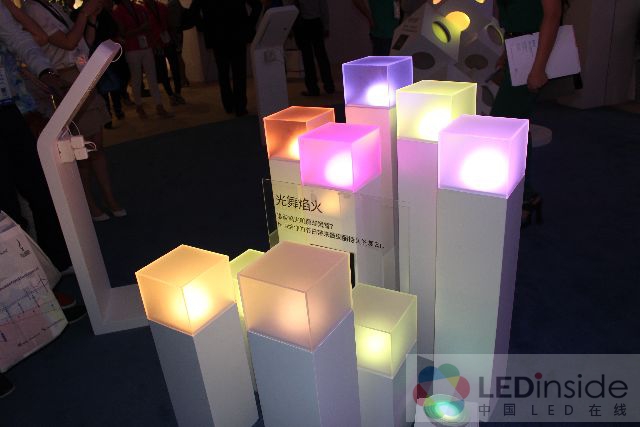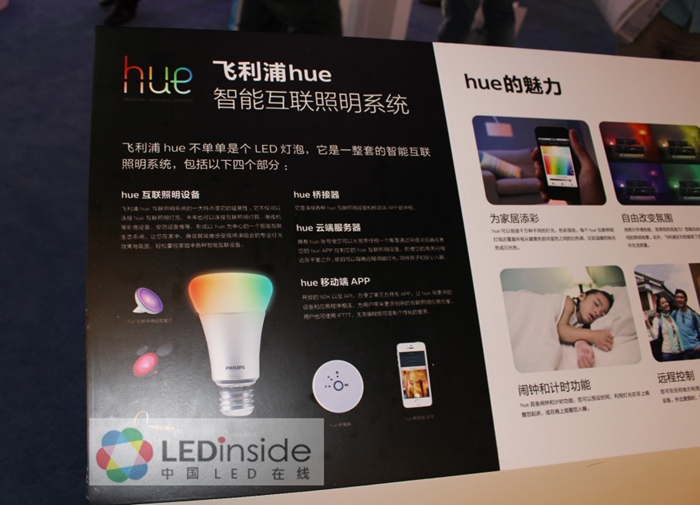The growing smart home industry and intensifying competition has created new market situations, according to a Chinese language media CBN.com report. Apple has released its first smart home management App HomeKit at the company’s Worldwide Developers Conference (WWDC) in early June this year. The company is developing partnerships with numerous top lighting manufacturers on the smart home project.
Apple adopts deduction strategy in smart home market
Apple has always been unique in developing its own hardware and software. However, in the relatively novel smart home market, the company has adopted an open partnership model.
Major Chinese consumer electronic manufacturer Haier is one of Apple smart home partners. Top lighting manufacturers including Philips, Cree, Marvell, and Honeywell were also included in the list of partners Apple has initially released. Apple aims to use smart voicing control Siri to manage smart homes. For instance, when a person returns home the garage door could automatically open, as well as the front door, and lights will turn on.
 |
|
Philips smart Hue LED bulbs displayed at GILE 2014 this year. (LEDinside) |
Apple is adopting a strategy of “deduction” and no longer trying to cover everything, said Sun Yingkai, Head of South China Household Electric Appliance Research Institute. Instead, Apple is opening up in a limited and orderly way. The company is “constructing an elite smart home club” that has relatively high entry standards, making it difficult for average manufacturers to enter.
Philips color tunable Hue bulb systems are already sold at Apple retail shops in U.S., said Jin Xiaohui, a Chinese consumer market high-end lighting application specialist at Philips. If Cree works with Apple, it will also be on smart lighting products, said Chen Haishan, the company’s marketing director in China.
 |
|
Philips smart Hue LED bulbs displayed at GILE 2014 this year. (LEDinside) |
From a product line aspect Apple is actually “adding” new products, said an industry insider. Apple has a limited product portfolio, and is trying to expand their product line in the smart lighting sector through partnerships. In contrast to Apple’s closed iOS system, Android system offers greater flexibility and is widely popular in China. Apple has “no choice,” but to open up its smart home platform.
In the smart home sector, the industry has potential opporutnities to change the tides, said Chen. Aside from Apple, Google, Samsung, LG, Haier and Changhong, other Korean and Chinese manufacturers are also building their own smart home platforms. “Samsung is more likely to win because it has TV, smartphones, home appliances, larger product portfolio, and comprehensive smart home solutions,” said Chen. “The company has even released Bluetooth LED bulbs at the lighting fair (Guangzhou International Lighiting Exhibition 2014).”













